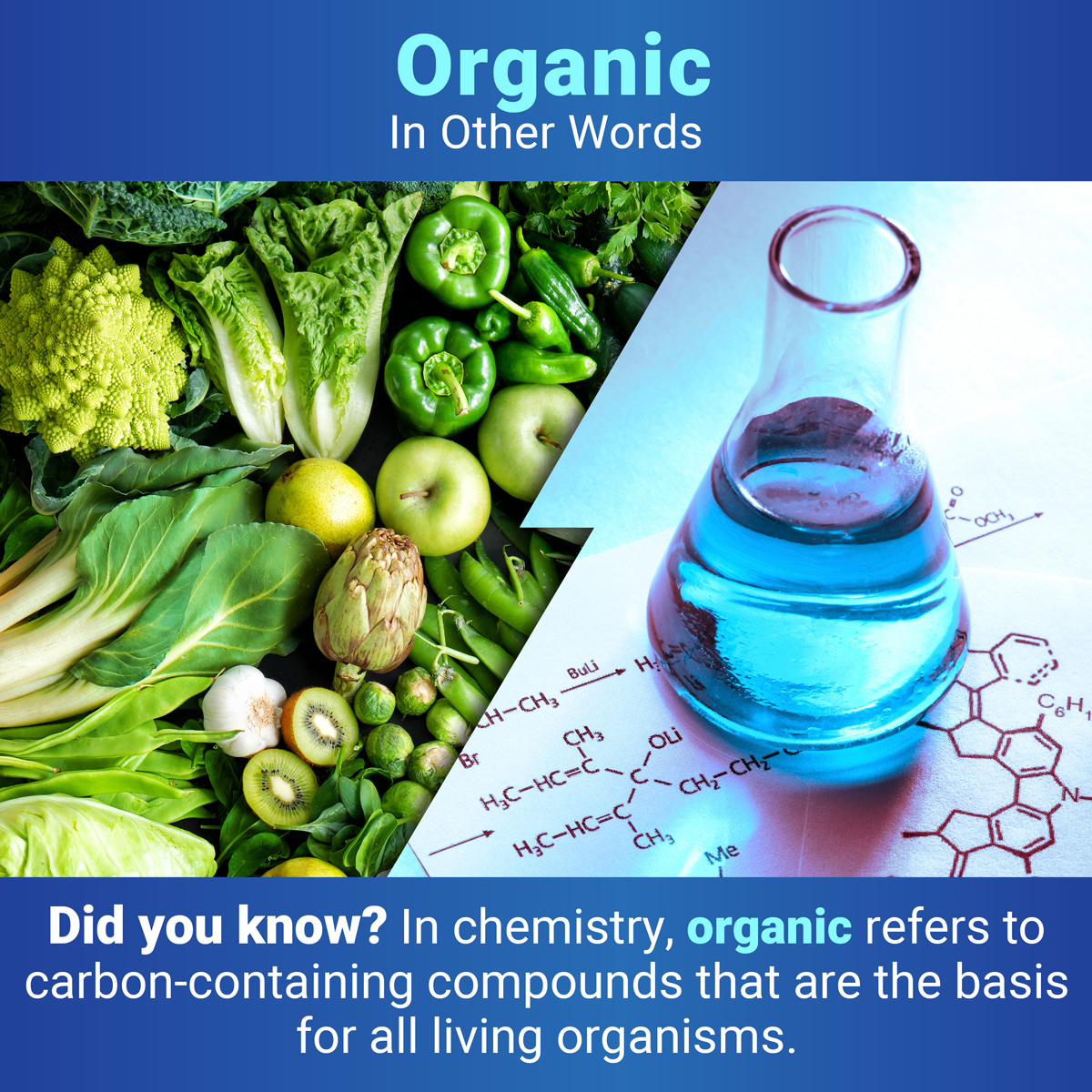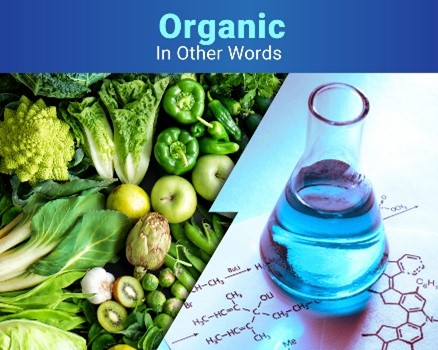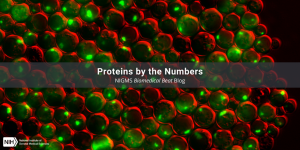The word organic is often used to talk about fruits and vegetables that have been produced in a specific way, typically without the use of synthetic fertilizers and pesticides. But to chemists, organic refers to carbon-containing compounds that are the basis for all living organisms. Ironically, the chemicals prohibited in the farming of organic produce are usually organic molecules.

Organic chemists study, create, and explore carbon-containing molecules. Most organic molecules contain carbon and hydrogen, but they can also include other elements like nitrogen, oxygen, phosphorus, and more. Organic compounds are all around you, from the phospholipids in your body that make up your cell membranes and the NSAID pain reliever that might be in your medicine cabinet to the fabric of the shirt you’re wearing.
Chemists synthesize molecules by mixing chemicals and reagents together under specific conditions. Changing conditions like the temperature, solvent (liquid), or time can affect what chemical bonds scientists create or break and thus what products take form. Often, determining what happened in the reaction is more difficult than actually running the reaction because molecules are much too small to see with the naked eye. Researchers rely on different techniques to analyze what they synthesized. Some of those methods include:
- Mass spectrometry to identify the molecular weight and composition of the atoms in the substance
- Nuclear magnetic resonance (NMR) spectroscopy to determine the 3D structure of the molecule using a magnet that interacts with its atoms
- X-ray crystallography to map a molecule’s 3D structure by scattering X-rays through a crystal of the molecule
The opposite of organic is inorganic—a compound that isn’t composed of carbon. Metal alloys, table salt, and ammonium are examples of inorganic compounds. Some chemists are inorganic chemists, meaning they specialize in working with compounds such as metals and minerals and understanding their behaviors and uses. The organic and inorganic fields overlap in the area of organometallic compounds, which are generally molecules that have a metal bonded directly to a carbon.
So remember: If you ever buy a product marked organic, that label usually means it was produced without certain organic molecules. Confusing, huh?
Can you think of another word that means one thing in everyday conversation and something else in science? Let us know in the comments below, and we might feature it in a future blog post!







